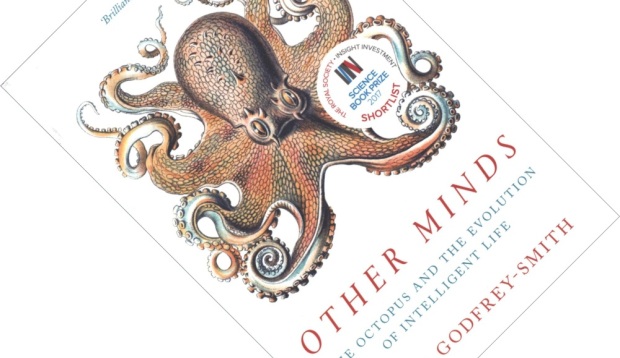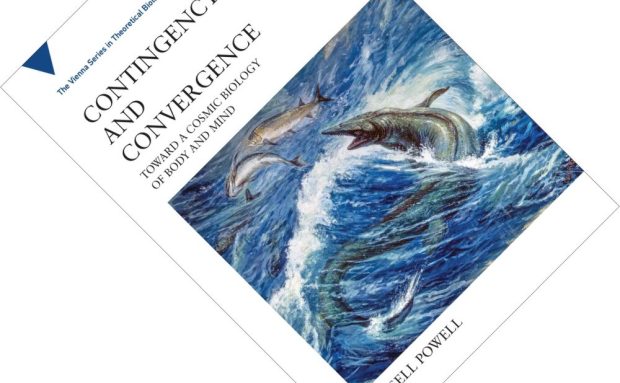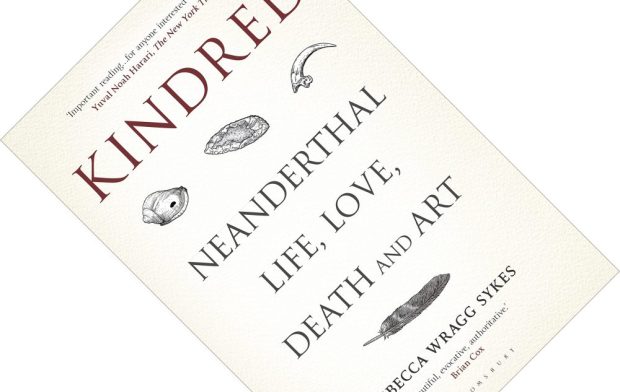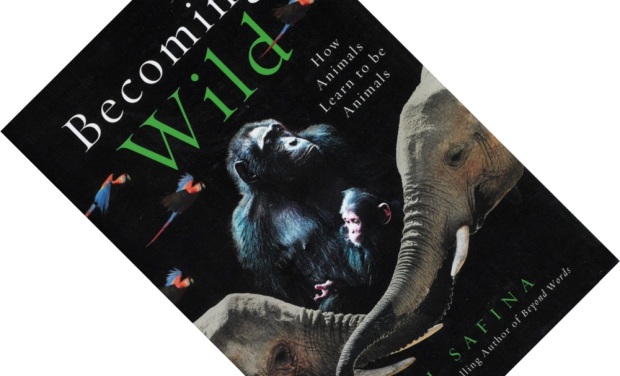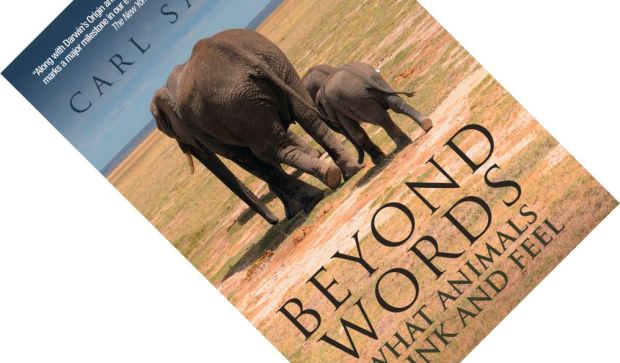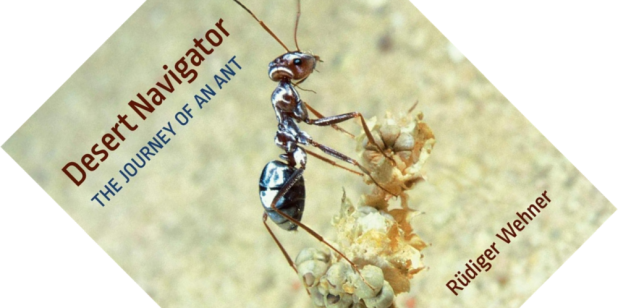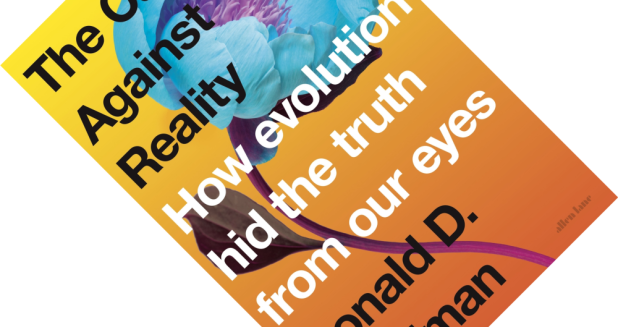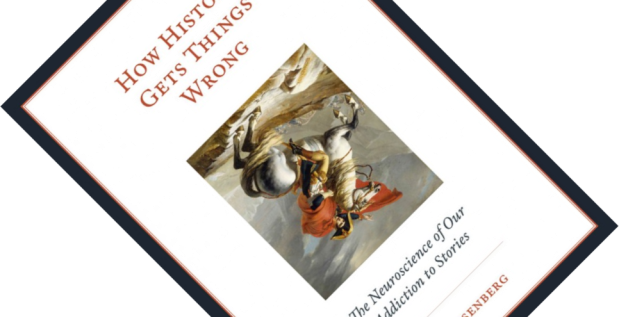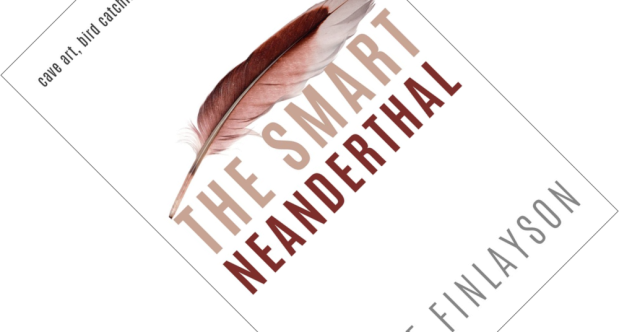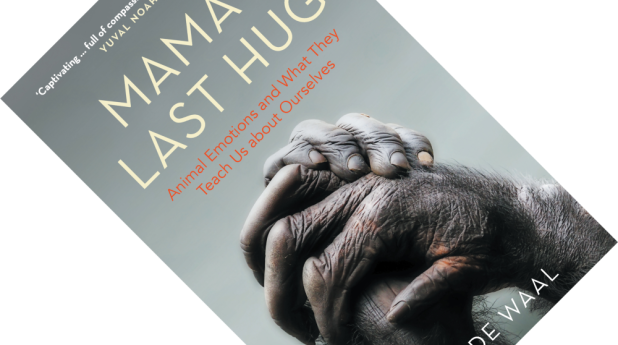6-minute read
Peter Godfrey-Smith is popularly known as the scuba-diving philosopher and has just published his new book Metazoa, in which he plumbs the evolutionary origins of minds. In preparation for reviewing that book, I am (finally) turning my attention to his initial 2016 bestseller Other Minds. Here he beholds the octopus, only to find that, behind those eight tentacles, an intelligence quite unlike ours beholds him in turn.

